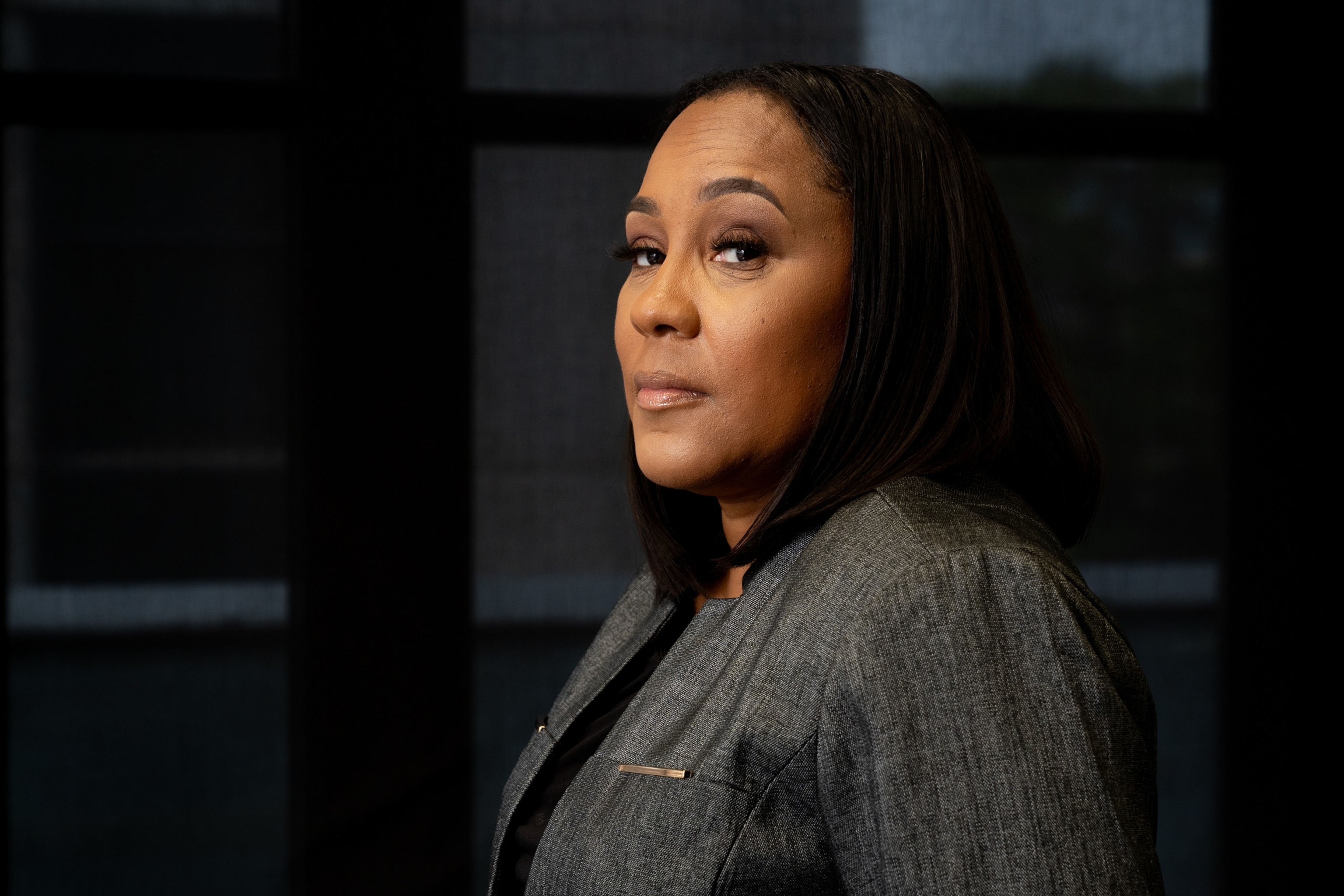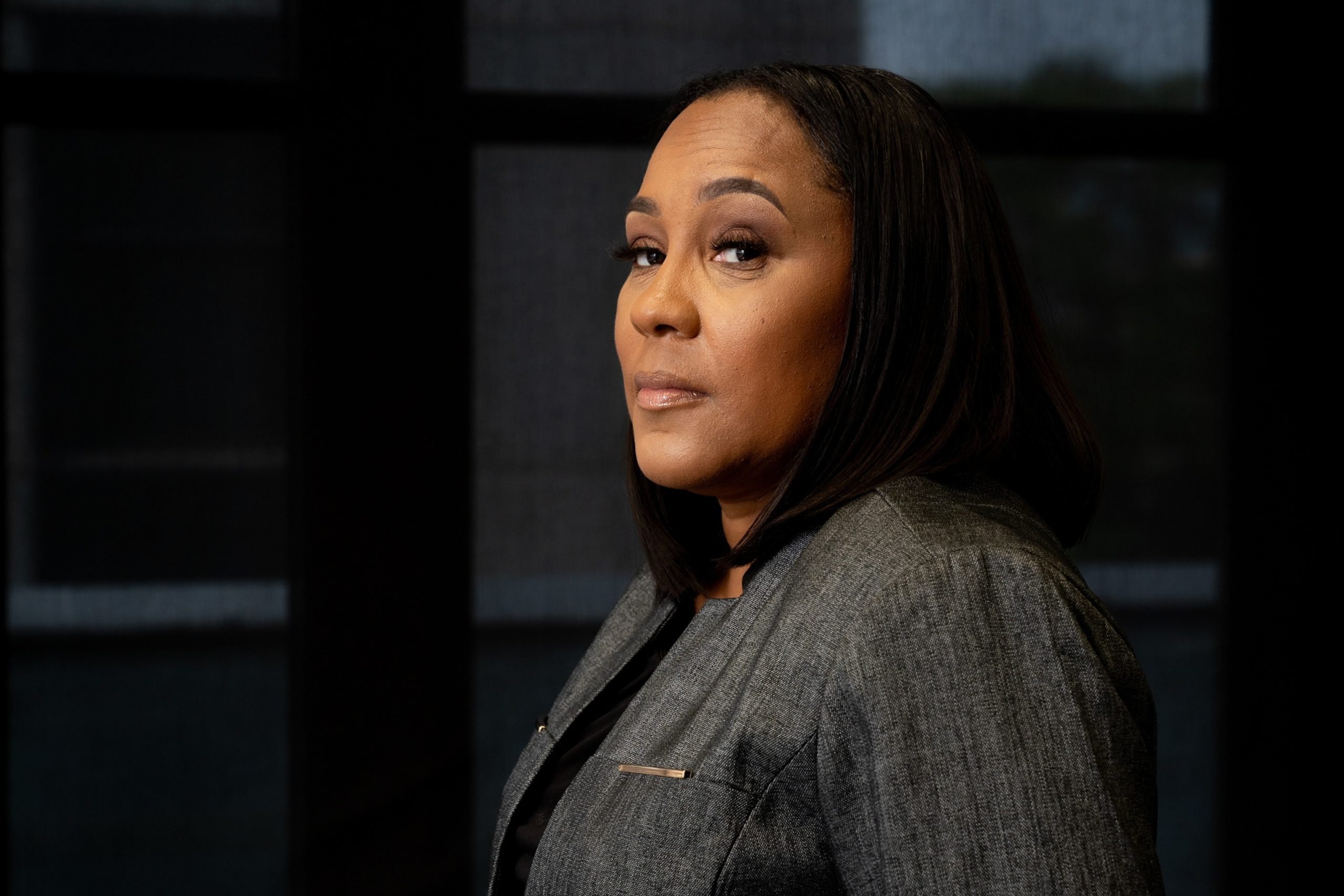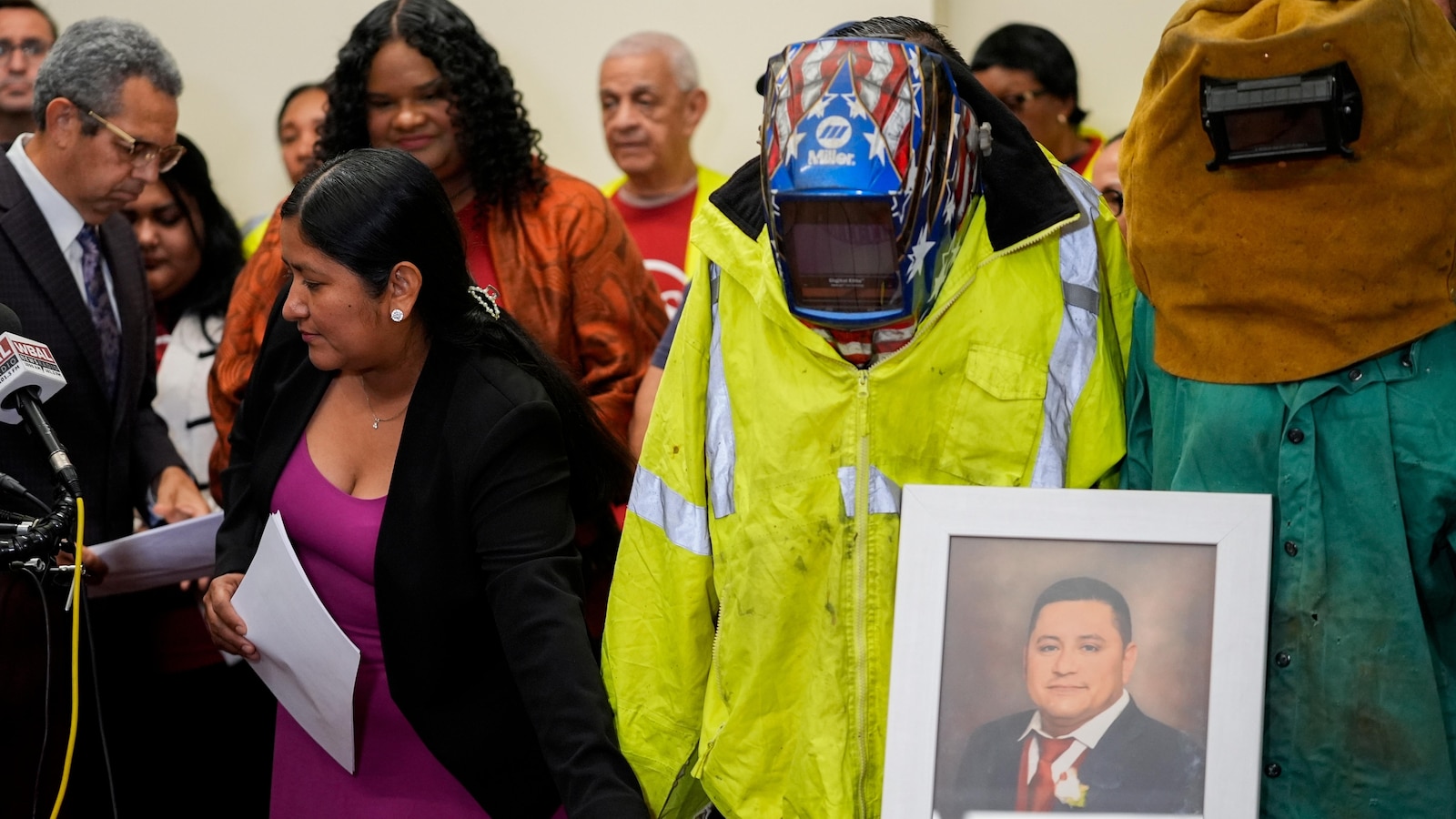Fulton County District Attorney Fani Willis, who is leading the Georgia election interference case against former President Donald Trump, did not appear Friday at a hearing held by a Republican-led state Senate committee that has been investigating her.
Willis has challenged the legality of the subpoenas she received from the committee, a spokesperson for her office previously told ABC News.
The hearing today was set to include “sworn testimony” from Willis, according to a press release from the committee.
Willis’ attorney, former Georgia Gov. Roy Barnes, told the Atlanta Journal Constitution that Willis “will not appear until there has been a judicial determination of the validity of the subpoena.”
Barnes did not respond Friday to a request for comment from ABC News.
Republican State Sen. Bill Cowsert, the chairman of the committee, said at the beginning of the hearing that “we have subpoenaed Fani Willis to testify … she is defying her subpoena and not appearing.”
“But we will welcome her if she appears at some point during the meeting,” Cowsert said, before continuing the hearing with other issues and witnesses.

District Attorney of Fulton County, Georgia, Fani Willis poses for photos in her chambers at the Fulton County Court House in Atlanta, Aug. 8, 2023.
Megan Varner for The Washington Post via Getty Images, FILE
Willis charged Trump and 18 others in a sweeping racketeering indictment for alleged efforts to overturn the results of the 2020 presidential election in the state of Georgia. All defendants, including Trump, pleaded not guilty, then four defendants subsequently took plea deals in exchange for agreeing to testify against the others.
The judge in the case, Scott McAfee, ruled in March that either Willis or prosecutor Nathan Wade must step aside from the case due to a “significant appearance of impropriety” stemming from a previous romantic relationship between Wade and Willis. Wade subsequently stepped down.
The Georgia Senate Special Committee on Investigations was established earlier this year with a stated goal to “thoroughly investigate the allegations of misconduct” by Willis.
It said it would look to “enact new or amend existing laws and/or change state appropriations to restore public confidence in the criminal justice system.”
Cowsert previously said it was not within the committee’s authority to seek to disqualify Willis from the election case or to criminally prosecute her, but rather to “investigate many of these troubling allegations.”
A Georgia court of appeals paused the election interference case in June, pending the resolution of a court battle over Willis’ being allowed to remain on the case..
Oral arguments in that matter are currently scheduled for Dec. 5, a month after the presidential election.
Fani Willis, the newly elected district attorney for Fulton County, Georgia, made headlines recently when she did not attend a state Senate hearing to provide testimony on a controversial election bill. The bill in question, SB 202, has been met with widespread criticism and accusations of voter suppression since it was signed into law by Governor Brian Kemp in March.
Willis, who is known for her tough stance on crime and commitment to justice, was expected to speak at the hearing to share her perspective on the potential impact of the new election law on her office’s ability to prosecute cases. However, she ultimately decided not to attend, citing concerns about the political nature of the hearing and the potential for her remarks to be misinterpreted or used for political gain.
In a statement released by her office, Willis explained that she did not want to be used as a “political pawn” in the ongoing debate over the election bill. She emphasized that her primary focus is on upholding the law and serving the people of Fulton County, and she did not want to be drawn into a partisan dispute that could distract from her duties as district attorney.
While some critics have questioned Willis’ decision not to attend the hearing, others have praised her for prioritizing the integrity of her office and refusing to be drawn into a political spectacle. In a time of heightened political tensions and polarizing debates, Willis’ decision to stay out of the fray may ultimately serve to protect the independence and credibility of the district attorney’s office.
It remains to be seen how Willis’ absence from the state Senate hearing will impact the ongoing debate over SB 202 and the broader conversation about voting rights in Georgia. However, her decision to prioritize her role as a prosecutor and guardian of justice over political posturing sends a powerful message about the importance of maintaining impartiality and integrity in the face of political pressure.



